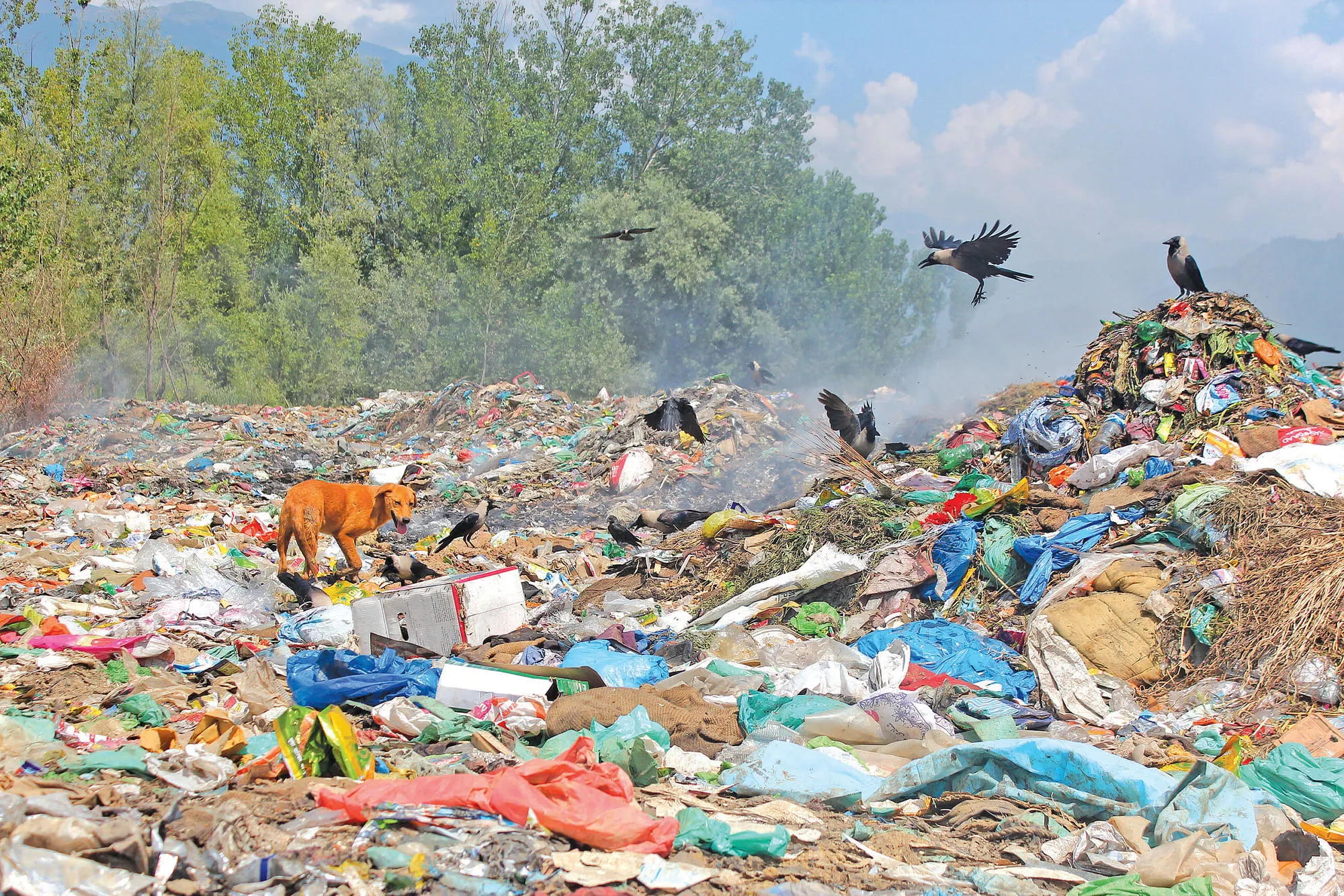Our natural wealth is facing lots of threats, and unless we take concrete measures to safeguard this wealth, nothing is going to save it from this organised vandalism. We have been crying, as a civil society and as a responsible media, about the grave dangers posed to our water bodies, to our animal life, to our landscape and biodiversity, and to our green gold. It is now decades that we have been ruining these things and are now paying a heavy price for that. Our premier water bodies are polluted beyond recognition. The famous lakes are in a very pathetic condition. Our rivers are full of all kinds of pollutants. To this long list of tragedies we keep on adding new things. Just recently we saw the inhabitants around Wular lake raising concerns about the health of this lake. They accused some elements of dumping waste material into the water body directly.
Similarly the people living around other water bodies narrate the stories of how this natural resource was first polluted, then choked, and finally turned into concrete jungle. Such stories are found in the length and breadth of Kashmir, and even other geographical regions of J&K. Not just the water bodies, our forests have also been subject to an organised plunder. This is also a matter now in public domain. We can add more to this list, as our parks, public spaces, agricultural land, orchids, and Karevas – everything is under assault. This is a grave concern and the authorities must wake up and do the needful. The current state of affairs means that the routine measures put in place are not working. It puts a question on the functioning of the concerned officials, and also on the attitudes exhibited by the civil society at large. It raises many question on our capacities to safeguard our natural wealth. Someone needs to find answers to these pointed questions.






